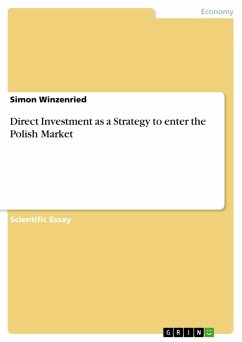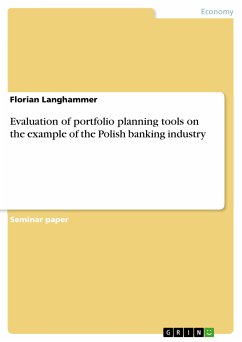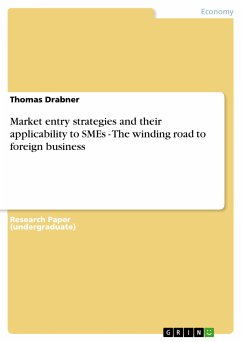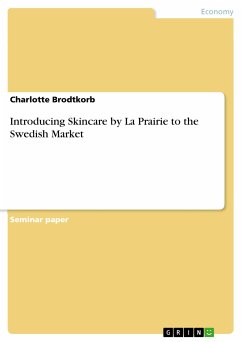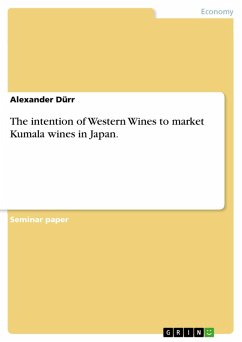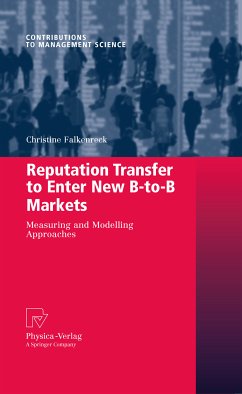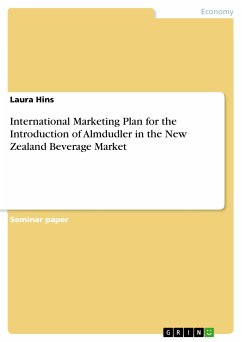Scientific Essay from the year 2005 in the subject Business economics - Offline Marketing and Online Marketing, grade: 1,4, University of Cooperative Education Mannheim (Berufsakademie Mannheim), course: International Management, language: English, abstract: One year after joining the European Union Poland regains its reputation as one of the top investment locations in Europe. Fierce competition for foreign direct investment (FDI) with rivals such as Slovakia and Czech Republic has dumped direct investment in the country in the recent years. Frequently changing governments, a network of disputable roads and inconsistent tax laws further contributed to a negative development of FDI in Poland (Cienski 2005). However last year's empowerment of a "technocratic government" that replaces a "corruption-ridden" political class is the impetus for a new investor friendly policy. This positive development is underpinned by the victory of Lech Kaczynski in October's (2005) presidential elections. Positioned centre-right Kaczynski is supposed to enhance Poland's attractiveness for investors with reduced taxes and bureaucratic burdens and is to approach prospect investors with tailor made offers (Cienski 2005). A new corporate flat tax of 19%, Poland's return to strong economic growth (5,4 % in 2004) and its membership in the European Union are just some factors that explain Poland's attractiveness for investments from abroad (Earnest&Young 2005, p. 14). Wages are about a fifth of European average income (Spiro 2004) and labour productivity has risen significantly by 9,2 % in the past two years 2004 (PAIiIz 2005). This development puts the lid on a successful transition process from a socialist country with a centrally planned economy to a modern western democracy with a market-oriented economic system. This significant progress in transition is the basis for Poland's appeal to foreign companies and is a key determinant in the decision for a direct investment (Figure 1; Mueschen 1998, p. 303).
Dieser Download kann aus rechtlichen Gründen nur mit Rechnungsadresse in A, B, BG, CY, CZ, D, DK, EW, E, FIN, F, GR, HR, H, IRL, I, LT, L, LR, M, NL, PL, P, R, S, SLO, SK ausgeliefert werden.

